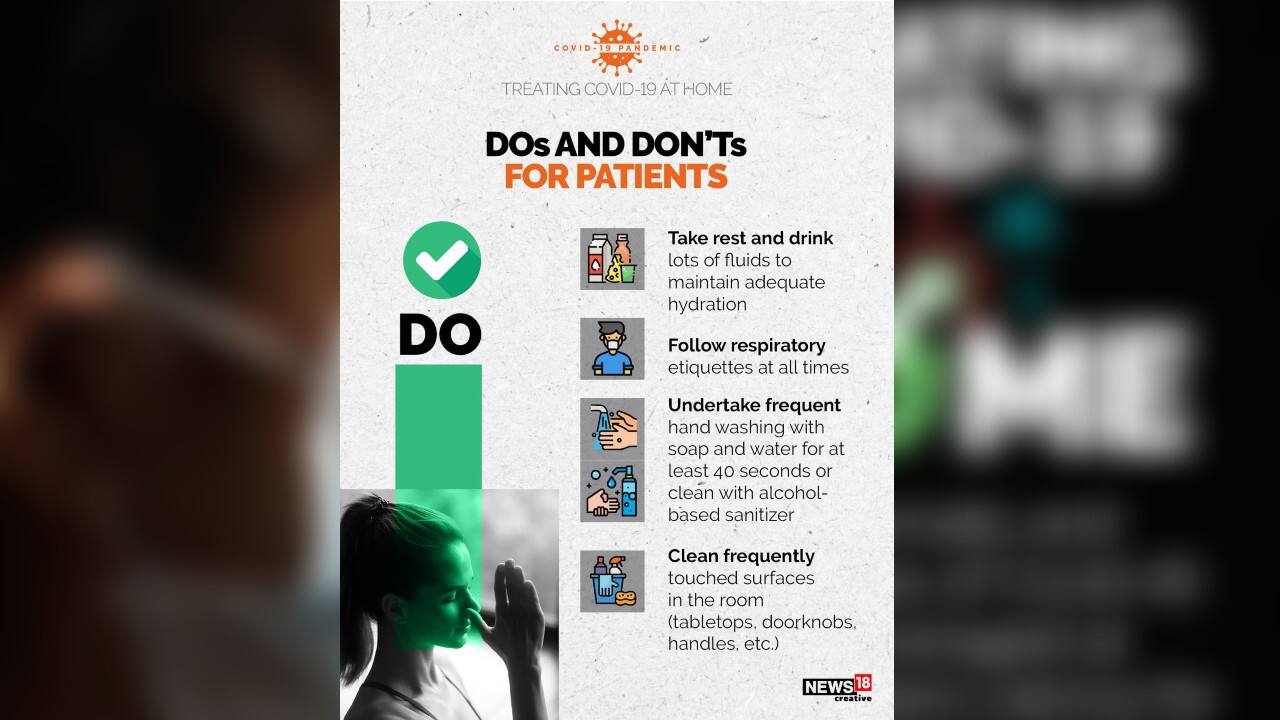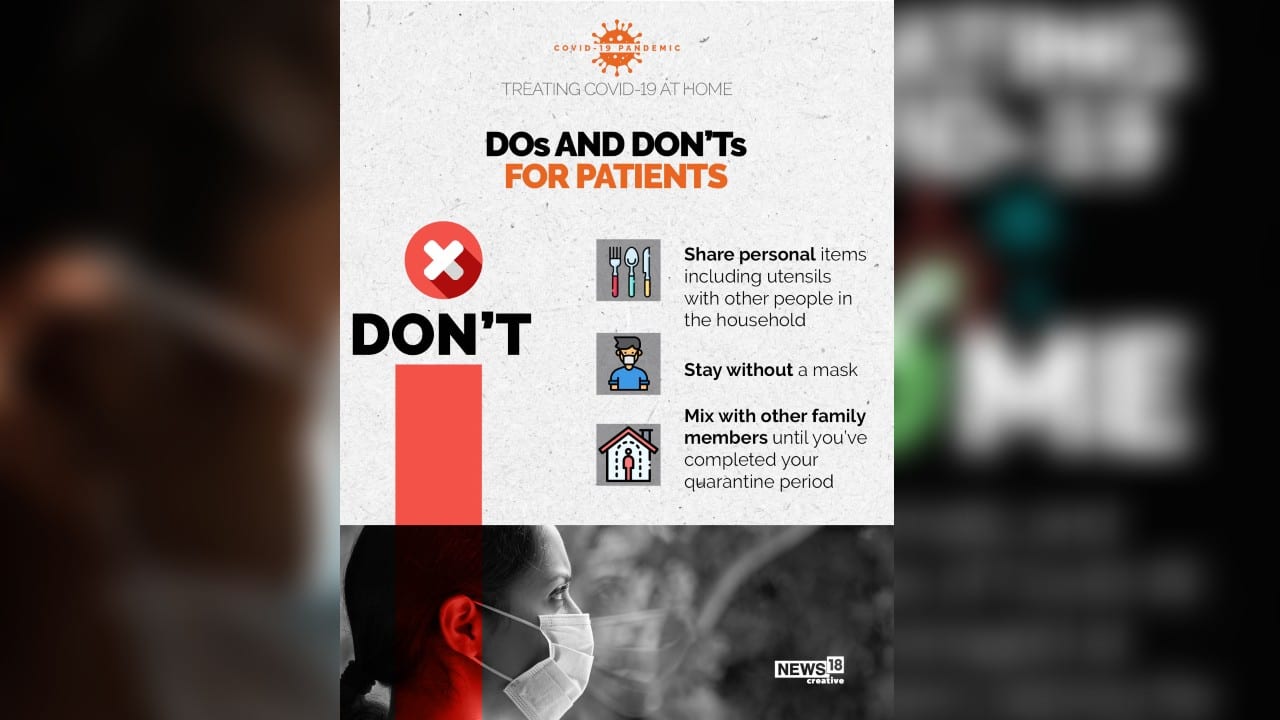



India is again seeing a spike in Covid-19 cases, with the fast-spreading Omicron variant driving the daily surge. As cases gallop, “immunity”, which became a national obsession in the last two years, is back with a bang.
“Immunity-boosting” home remedies, food products that promise to fortify against Covid and the so-called immunity pills—from WhatsApp family groups to businesses, everyone has something to offer.
But immunity is a continuous process and there is no magic pill or shortcuts to staying healthy, say experts.
“Staying healthy will ensure your ‘immune system’ is healthy. The immune system is an extremely complicated and a fine-tuned ‘precision system’ —it cannot be built up just by home remedies and tonics, etc,” Dr T Jacob John, retired professor of virology, Christian Medical College, Vellore, told this writer.
Concurring with Dr John, Dr Suranjit Chatterjee, senior consultant, internal medicine, Indraprastha Apollo Hospital Delhi, said a healthy lifestyle, food and good sleep were a must to keep the immune system going.
“I am not against homemade concoctions but it is not the right way to build immunity. Kadhas and all such home remedies is not the end. These may or may not help but certainly not in the short term,” Dr Chatterjee said.
Micronutrients such as zinc, vitamins A and D were important and some foods could prevent deterioration but there was no magic potion to bolster immunity, Dr John said.
Immunity-boosters or marketing gimmicks?
The outbreak of the coronavirus also brought into focus the human immune system, which shields the body from infections and disease. That is also the reason scientists and governments across the world put their weight behind vaccines as they enhance the body’s capability to ward off infection or at least prevent serious illness.
When India reported its first cases of Covid in early 2020, it unleashed a torrent of tips and recipes of homemade herbal concoctions believed to boost the immune system.
Businesses have been quick to cash in on people’s fears and health concerns, adding a healthy dose of “immunity” in their ads, communication and taglines.
Also read: Covid-19 | Is there a logic for vaccine hesitancy?
Immunity-boosting tea, cooking oil, health drinks, honey and protein powder—you name it, they have it. Kids’ supplements, too, have seen “immunity-boosting” properties replacing the promise of growth, height, weight and a sharper brain.
“Many of these immunity products are suspect. People who monitor these ads should look into it. There is a need to get strict with them. These could be pure gimmicks just to fool people,” said Dr Chatterjee. Consumers tend to get swayed and use such products, believing they would benefit them, he said.
“So, when you see advertisements, ask what the hidden agenda is. Is it health education or a marketing tool?” Dr John.
Follow our Live Blog for Coronavirus Omicron Updates Here
Industry watchdog Advertising Standards Council of India (ASCI) has often cracked the whip on claims found to be misleading or not backed by science.
Anti-corona mattresses and shirts, immunity-boosting bread and biryani, Covid-19 prophylactic medicines and foods promising immunity are among the ads that have come under ASCI’s scanner.
About 320 advertisements on various platforms in 2020-21 made unsubstantiated claims about Covid and its management, the regulator found in a review last year.
From the beginning of the pandemic, several brands tried to take advantage of the situation, Manisha Kapoor, secretary-general of ASCI, said in a reply to Moneycontrol’s query. While some brands had genuine benefits based on scientific technology, a lot were exploiting consumers’ vulnerabilities, she said.
ASCI also came out with an advisory in October 2020. “We advised advertisers to be particularly careful whilst making, directly or indirectly, claims to reduce the chances of protection from coronavirus or gain immunity against it,” Kapoor said.
They don’t want advertisers to play on consumers’ fears. “Now, as we are again seeing a spike in cases, we are keeping a sharp lookout for ads with misleading claims that could take advantage of vulnerable consumers,” she said.
Health consciousness on account of Covid-19, which drove brands to launch immunity-boosting products, was here to stay, data analytics and brand consulting company Kantar said in a report in 2021.
The immunity-boosting category grew at a 23 percent CAGR from 2018 to 2021. The segment would grow by 18 percent in 2021 over the previous year on a moving annual turnover (MAT) basis, the report said.
 (Image: News18 Creative)
(Image: News18 Creative)
 (Image: News18 Creative)
(Image: News18 Creative)
Alternative medicines
Many alternative and traditional medicine systems and companies, too, have jumped on to the immunity bandwagon. Some companies are even offering corona cure kits.
Practitioners say yoga combined with Ayurveda can help build immunity.
Dr Sandeep Srivastava, a consultant with a prominent Ayurveda chain, which he didn’t want named, said the ancient Indian system of medicine had a lot to offer.
According to Ayurveda, immunity is related to oja (vigour or essence of vitality), and that energy rules our immunity.
“Whatever we eat is converted to seven dhatus (elements) in our body—rasa, rakta, mamsa, meda, asthi, majja, shukra (plasma, blood, muscle, fat, bone, bone marrow and reproductive fluid, respectively) —and that converts to oja, which is responsible for our body’s immunity power,” Srivastava said.
Ashwagandha and giloy were the two best herbs to increase immunity, Dr Srivastava said, adding tulsi was good for those who didn’t have the problem of acid reflux. “Daily practice of yoga also increases immunity and resistance power of the body,” he added.
The traditional system was "dogma based” and the belief in the theories of origin of diseases and methods of therapeutics were taught and learned, he said. “The scientific system has self-correction methods and dogmas are subject to verification and revision,” Dr John said.
Some treatments in traditional systems work elegantly sometimes, he said, adding that “profit motive is often the root cause of ads with patently false claims”.
According to Dr Chatterjee, alternative medicine systems were good but products should be based on science and proper studies.
“Proponents of such systems should not say that they are not the only end and dismiss allopathy. They should have some basis to prove what they claim but even these do not give short-term results,” he said. “In any case, the so-called immunity pills are just not right.”
It is a Test, not a Twenty-20
Is it at all possible to build an immune system, especially in middle age or later? Do supplements help?
Immunity cannot be built in a jiffy as our body cells need to have optimum levels of proteins and micronutrients. These include vitamins D, C and B and zinc and magnesium, said Khosla.
Dr John said immune-senescence, or the aging of the immune system, too, was a factor to consider.
“On the other hand, specific immunity against specific pathogens can be induced or sustained with sensible doses of vaccines—flu shots, for example, or shots to prevent shingles. Immune responses may not be robust or high, but effective enough,” he said.
Khosla said medications to boost immunity were basically vitamin and mineral supplements. “These are helpful if taken the correct way and under supervision. For example, Vitamin D is excellent as a preventive agent and helps to boost immunity but can be toxic if consumed in excess,” she said.
In an article in Harvard Health Publishing, Michael Starnbach, a professor of microbiology at Harvard Medical School, explained how the immune system was finely tuned.
“There is a balance between an immune system that is effective at limiting the ability of bacteria, viruses, and parasites to cause infection and a hyperactive immune system that can cause such problems as allergies, diabetes and other types of autoinflammatory and autoimmune disorders.
"If there were a wholesale boost to the immune system, it could trigger autoimmunity and other problems," he said in the article.
On immunity-boosting products, Starnbach said, “The reality is that those kinds of products aren't really offering you any benefit…There's no evidence that they help in fighting disease."
A good diet plus vaccine
Dr John said a good diet meant different things to different people. A balanced diet plus variety should maintain a healthy immune system.
“But there is a gross misunderstanding here. What is a healthy immune system good for? An infection that carries the risk of disease will elicit good immune response but that may not guarantee recovery—the first encounter may kill in spite of excellent immune system,” he said.
And this is where vaccinology comes in. If you pre-prepare the immune system to face a particular microbe, you will escape death, even serious disease, despite exposure to infection or in the event of actual infection, said Dr John.
A good immune system may not always save you from a serious disease but if a safe and effective vaccine is available, then one can take it and stay safe as such vaccines are microbe-specific, Dr John said.
Vaccines, Dr John said, could also suffer from “advertising” for higher profit. “Just because ‘vaccination saves lives’, every product called ‘vaccine’ may not be safe or effective,” he said.
Khosla said a good diet would have adequate nutrients and in the right proportions. Healthy body weight and trim belly fat were vital too.
Khosla suggested what she called the “3P diet”: (1) Plan your food, exercise and supplements (2) Proteins twice a day paired with vegetables (3) Protective meal: one rainbow meal (coloured vegetables and fruits).
“We all know this but don’t follow. Our lifestyle has gone haywire with less amount of sleep, which leads to stress and low immunity. We need a proper lifestyle, healthy diet and exercise and that’s the only way to keep our immunity intact,” Dr Chatterjee said.
Discover the latest Business News, Sensex, and Nifty updates. Obtain Personal Finance insights, tax queries, and expert opinions on Moneycontrol or download the Moneycontrol App to stay updated!
Find the best of Al News in one place, specially curated for you every weekend.
Stay on top of the latest tech trends and biggest startup news.